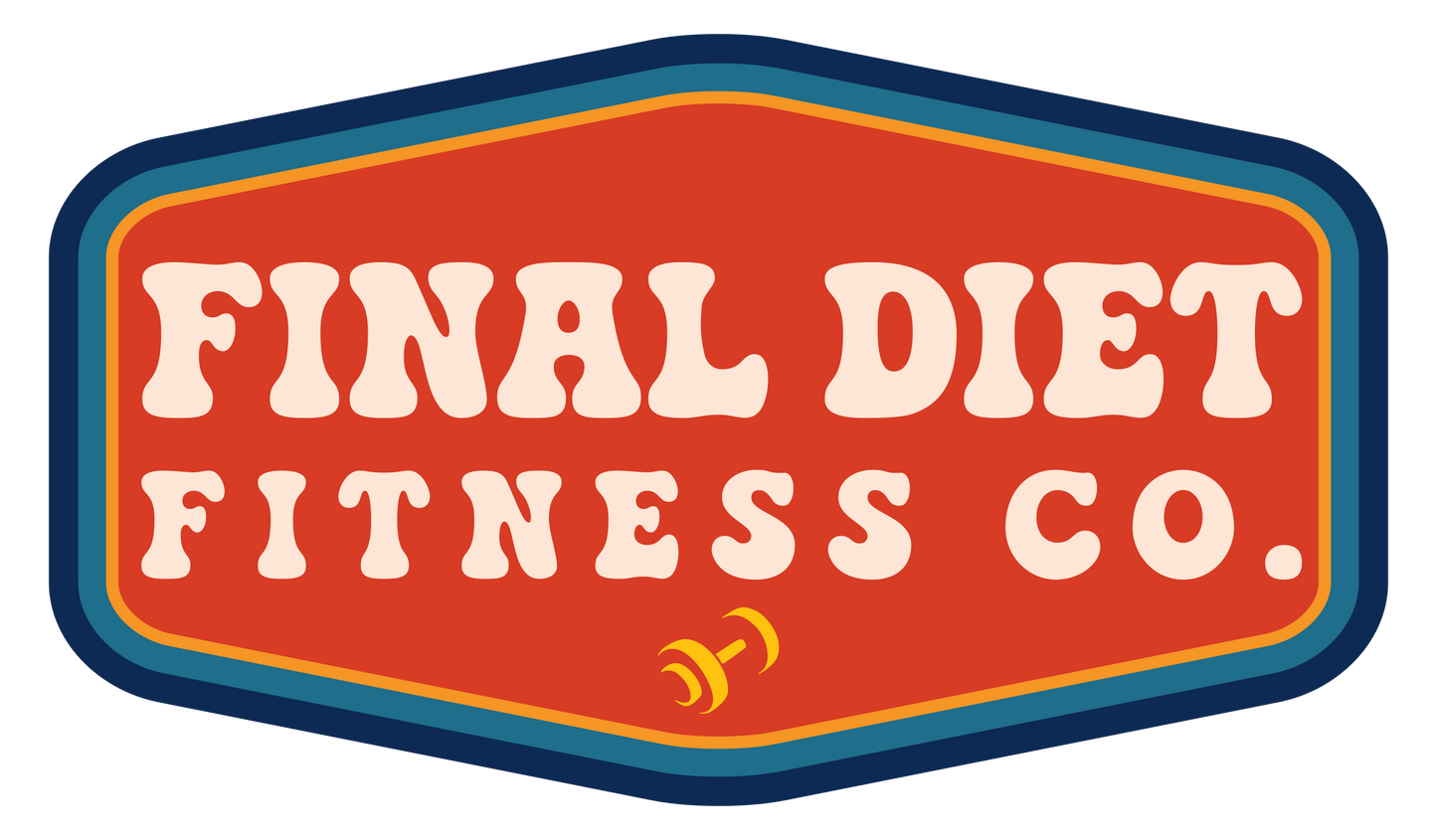
Most diets fail for one reason—they end. People approach nutrition like a sprint instead of a marathon, chasing quick fixes that don’t last.
Sustainable nutrition isn’t about eating perfectly or giving up your favorite foods.
It’s about finding a realistic way to eat that fits your life, goals, and preferences long-term.
Here’s how to build a plan that doesn’t fall apart when life gets busy.
1. Focus on Habits, Not Perfection
Your long-term success depends on consistency, not intensity.
The small things you do daily—meal prepping, staying hydrated, eating balanced meals—create real progress over time.
Instead of aiming for “perfect” days, focus on better days:
- Cook at home one more time per week.
- Add protein to every meal.
- Swap one processed snack for fruit or yogurt.
Stacking small, sustainable changes is how lasting habits form.
2. Make Nutrition Fit Your Lifestyle
Your nutrition plan should complement your life, not control it.
- Busy schedule? Batch-cook or rely on healthy convenience foods.
- Family dinners? Build balanced plates instead of separate “diet meals.”
- Travel often? Pack portable options like protein powder, nuts, or jerky.
The best plan is the one you can follow consistently, even when life isn’t ideal.
3. Balance Flexibility with Structure
All structure and no flexibility leads to burnout.
All flexibility and no structure leads to inconsistency.
The key is finding the middle ground:
- 80–90% of your calories from whole, nutrient-dense foods.
- 10–20% from foods you enjoy, without guilt.
This ratio keeps nutrition enjoyable while still delivering results.
4. Adjust as Your Goals Evolve
Nutrition isn’t static—your needs will change as your goals and lifestyle shift.
- During fat-loss phases, focus on calorie control and high protein.
- During maintenance, reintroduce more carbs and flexibility.
- During muscle gain, increase calories and meal frequency.
Being adaptable ensures you don’t have to “start over” every time your routine changes.
5. Measure Progress Beyond the Scale
The number on the scale is just one metric.
Track other signs of progress that matter just as much:
- Energy and mood
- Sleep quality
- Workout performance
- Consistency with meals
- Confidence and relationship with food
When you focus on these, you’ll see that progress often shows up long before the scale moves.
6. Sustainability Comes from Simplicity
You don’t need to track forever, follow complex macros, or weigh every bite.
Simple systems—like building balanced plates, staying active, and prepping food in advance—create long-term success.
The simpler your plan, the more likely you are to follow it.
That’s what makes results stick.
Key Takeaways
- Sustainable nutrition is built on habits, not temporary diets.
- Make your plan fit your life so it’s repeatable, not restrictive.
- Stay flexible—perfection isn’t required for progress.
- Focus on how you feel, perform, and live, not just the number on the scale.
